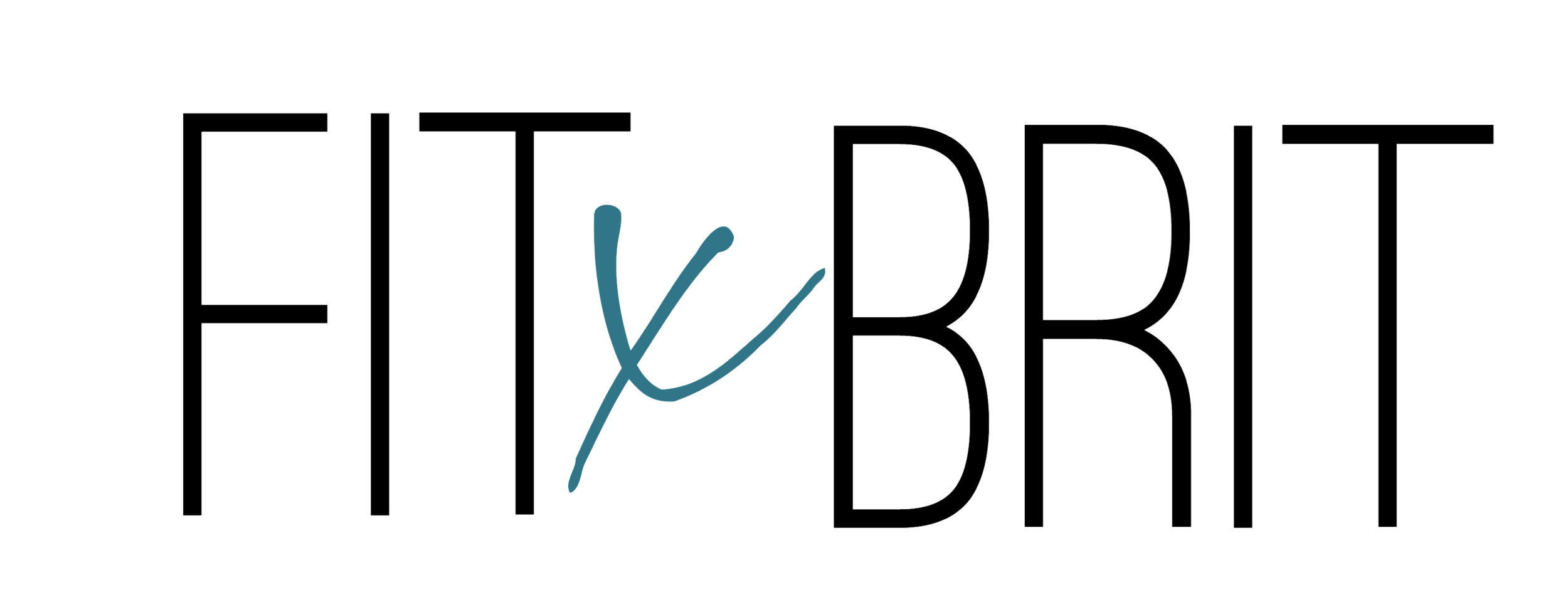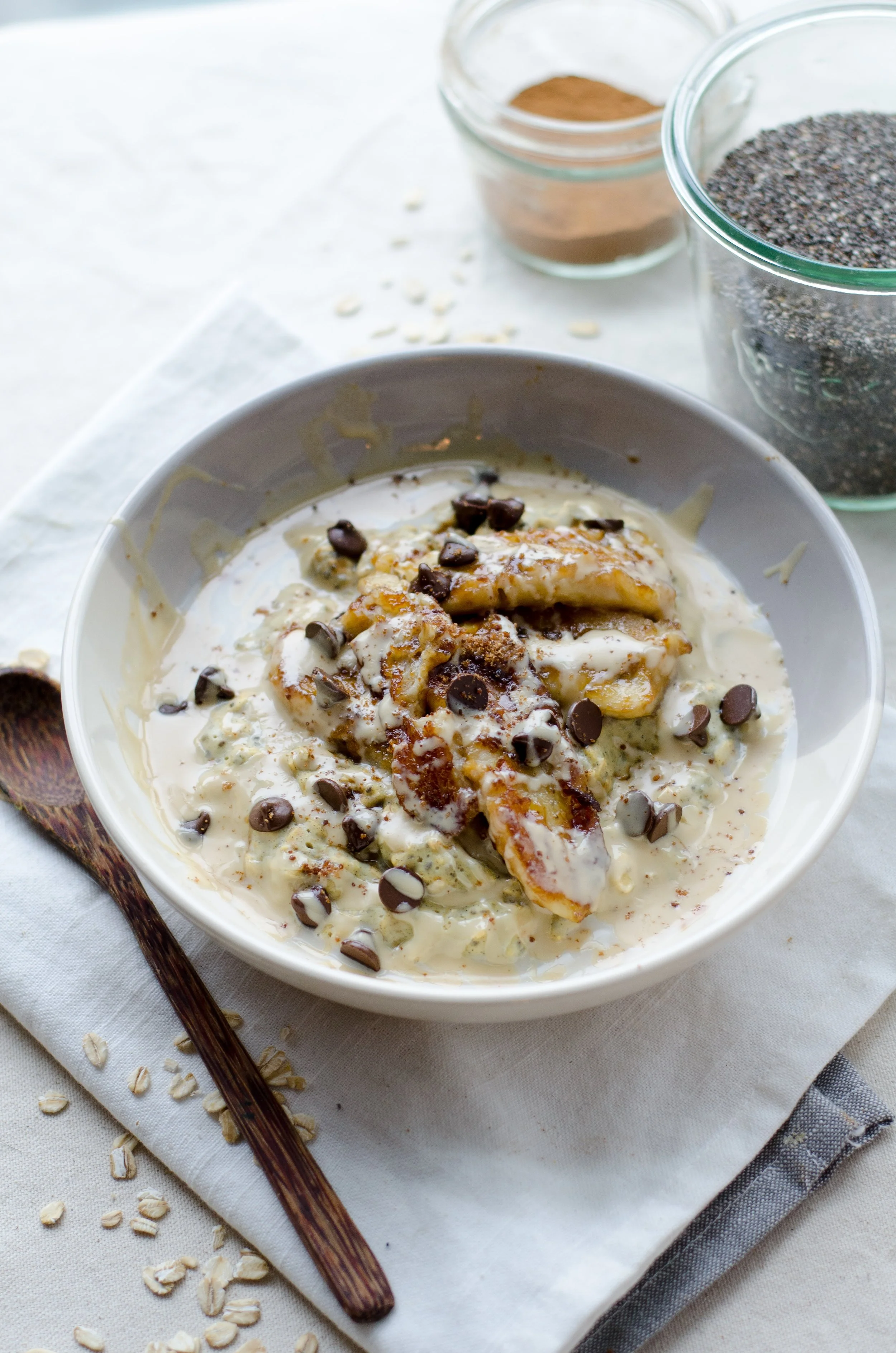Protein Sources For Plant-Based Peeps
Most of the time, when I tell people that I am "veganish" or plant-based, I get a ton of questions surrounding how I can maintain that lifestyle. My answer is simple: I try my best and do not beat myself up if I slip up or am in a scenario where maintaining that way of life is unrealistic. I listen to my body and eat based off of that versus what I see others doing. Another common question is how are you getting enough protein?
There are so many plant-based protein options out there that people are just not aware of, and I get it. That's why I am here to share what I learn and do the research so that you do not have to.
6 Sources Of Protein You May Not Have Considered
Pistachios
These little green gems are a good source of protein with 1 oz (49 nuts) containing 7 grams of protein. This serving size is more significant than it is for any other tree nut, which means you can snack freely and benefit from their nutritional perks. Their versatility makes them simple to add to just about anything, and you’ll be getting nearly as much fiber as you would be from a ½ cup of broccoli! Scientific evidence suggests but does not prove, that eating 1.5 ounces per day of nuts, such as pistachios as part of a diet low in saturated fat and cholesterol may reduce the risk of heart disease.
Quinoa
this ancient grain is gluten-free and high in protein. It’s one of the very few plant foods that contain all nine essential amino acids. It is also high in fiber, magnesium, iron, potassium, B vitamins, and zinc.
Hemp Seeds
Hemp seeds are rich in plant protein with and have all nine essential amino acids needed from the diet for protein synthesis. They also contain omega-3, and omega-6 fatty acids and are a good source of magnesium, fiber, iron, zinc, and phosphorous.
Beans
both excellent sources of vegetarian protein, grains, and legumes have several health benefits, including reducing cholesterol, decreasing blood sugar levels, and increasing healthy gut bacteria. One cup of chickpeas, for example, contains nearly 15 grams of protein. Lentils come in a little higher with almost 18 grams of protein per cup. Both also contain several unique vitamins, minerals, and fiber.
Chia Seeds
Similar to hemp seeds, chia seeds are small but mighty when it comes to nutrition. Chia seeds contain 4 grams of protein per ounce and are a great source of fiber, healthy fat, magnesium, phosphorus and calcium.
Pumpkin Seeds
Not just for Halloween, pumpkin seeds provide many unique vitamins and minerals that make them beneficial for the diet year-round. Coming in at 12 grams of protein per cup, pumpkin seeds are easy to sprinkle on just about anything and also contain fiber, magnesium, and iron.


















